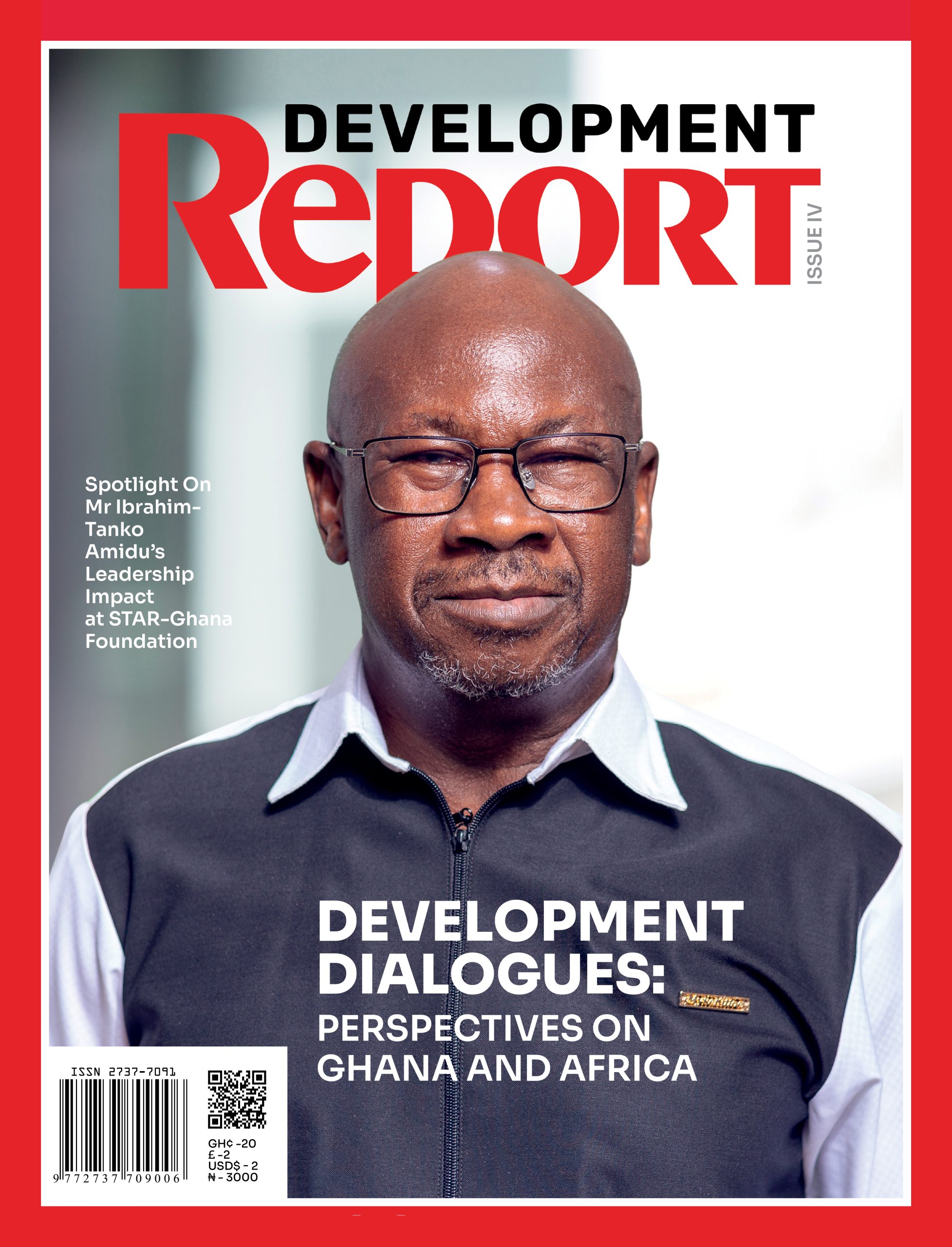The recent military uprising in Niger has sparked a regional crisis, leading to the Economic Community of West African States (ECOWAS) urging the swift release and reinstatement of the legitimately elected President, Mohamed Bazoum. ECOWAS leaders have set a one-week ultimatum for the military junta to step down from power. Should their demands go unheeded, they are prepared to take decisive action, potentially resorting to the use of force in order to restore constitutional governance. The situation remains highly tense, and any implementation of forceful measures could have significant and far-reaching implications for the citizens of Niger and the broader ECOWAS region. In this scenario analysis, we will explore three possible outcomes of ECOWAS’s ultimatum to the Niger junta.
The best-case scenario is a peaceful and swift transition of power back to the elected government. The military junta heeds ECOWAS’s demands, releases President Mohamed Bazoum, and allows him to resume his duties. In response, ECOWAS lifts the sanctions and supports the reinstated government in stabilising the country. This outcome would demonstrate the efficacy of ECOWAS’s diplomatic efforts and adherence to democratic principles, setting a positive precedent for handling future political crises in the region.
For the citizens of Niger, a peaceful transition would mean a return to democratic governance, which they chose through free and fair elections. Their rights and freedoms would be protected, and the threat of violence and instability would diminish. The lifting of sanctions would facilitate economic recovery, enabling businesses to resume operations and people to access essential goods and services. However, the situation would still warrant monitoring to ensure that democracy remains strong and resilient in the face of potential future challenges.
The situation could escalate if the military junta refuses to cede power within the stipulated week and ECOWAS proceeds with its threat of military intervention. The junta may perceive external intervention as an infringement on their sovereignty and respond with resistance. A military confrontation could lead to heightened violence and further destabilise the country.
In this scenario, citizens would bear the brunt of escalating conflict. Civilians could become victims of violence and human rights abuses, and the country’s infrastructure may be damaged or disrupted, leading to shortages of essential resources. Displacement and refugee crises could worsen as people flee violence and seek safety in neighbouring countries. The risk of humanitarian disasters and the collapse of critical services such as healthcare and education would be significant.
If the situation remains unresolved after the one-week deadline, and ECOWAS hesitates to use force, the crisis may become protracted. The military junta could consolidate its power and resist diplomatic pressure, leading to a prolonged period of political instability in Niger. This could have spillover effects, affecting neighbouring countries and causing regional instability.

In this scenario, the citizens of Niger would face prolonged uncertainty and insecurity. The absence of a legitimate government could result in power vacuums and the rise of non-state actors, exacerbating security challenges. Food and medical supplies may become scarce due to disruptions in trade and commerce. Regional instability could also have economic ramifications, affecting job opportunities and exacerbating poverty and inequality.
The current situation in Niger, coupled with the backing of the military junta by neighbouring countries like Mali and Burkina Faso, presents a critical challenge that demands immediate attention and resolute action. As a concerned citizen of West Africa, I find myself deeply troubled by the potential implications of this support, which could further escalate tensions and undermine the future of democracy and stability in our region.
At this crucial juncture, it is imperative for us to rally behind the cause of a peaceful transition of power in Niger, one that upholds democratic values and respects the will of the people. We must stand united in our pursuit of diplomatic solutions, fostering dialogue among all parties involved and emphasising the importance of safeguarding human rights and democratic principles.
The risks of forceful measures and prolonged crisis are grave and must not be taken lightly. Such outcomes could have dire consequences for the citizens of Niger and the entire ECOWAS community, jeopardising our safety, security, and prosperity.
As we call upon ECOWAS and the international community to intervene decisively, we must recognise that the strength of our regional unity will be a pivotal factor in achieving a positive resolution. In this endeavour, we must never overlook the plight of civilians caught in the crossfire of conflict. Their protection and welfare should be at the forefront of our efforts, and we must strive to avert any potential humanitarian catastrophe on the ground.
It is my considered view that, only through a commitment to peaceful resolution and the preservation of democratic ideals can we secure a better future for ourselves and the generations to come. As concerned West African citizens, we must stand firm in our pursuit of peace, stability, and democracy, for it is our shared responsibility to shape the destiny of our cherished region.


